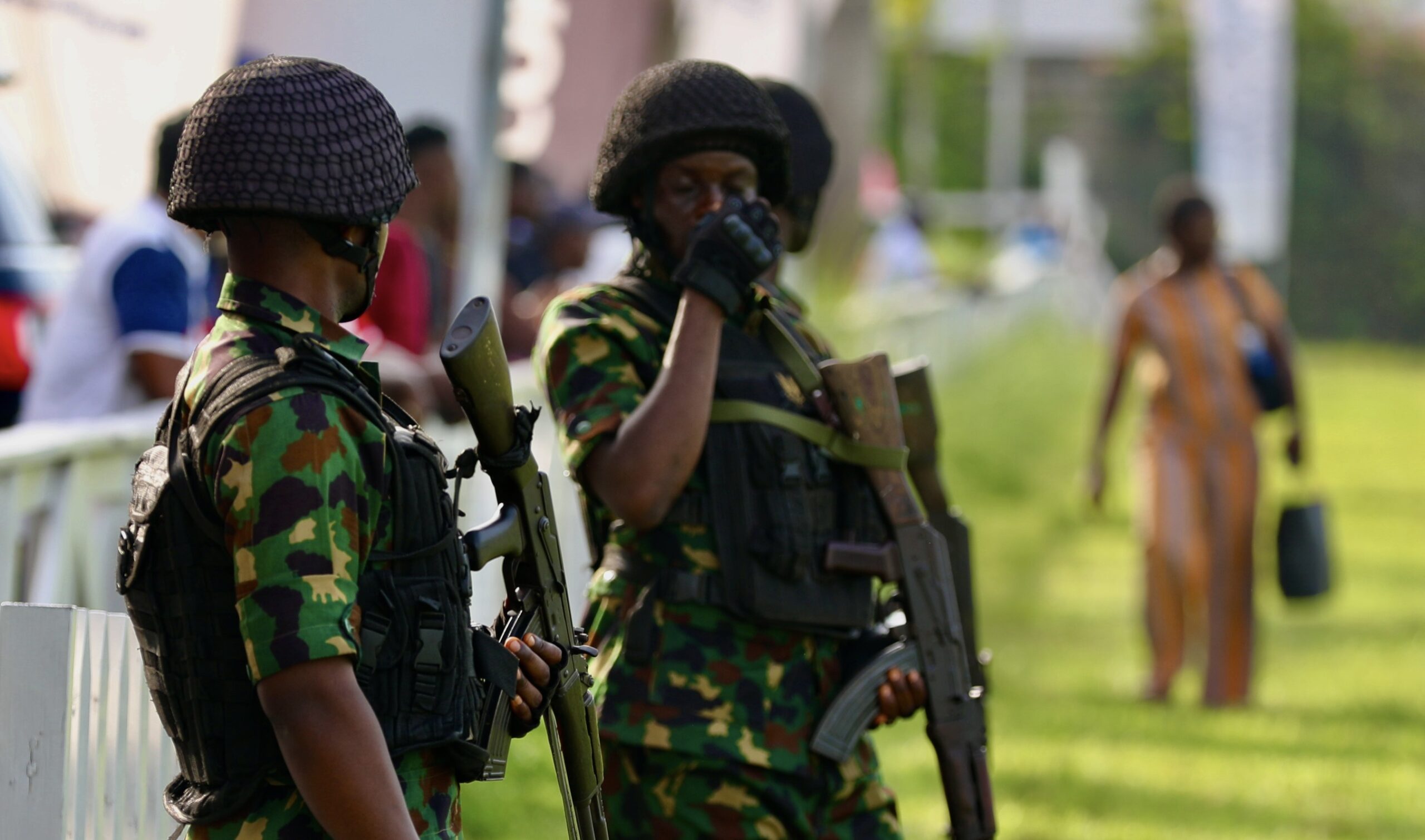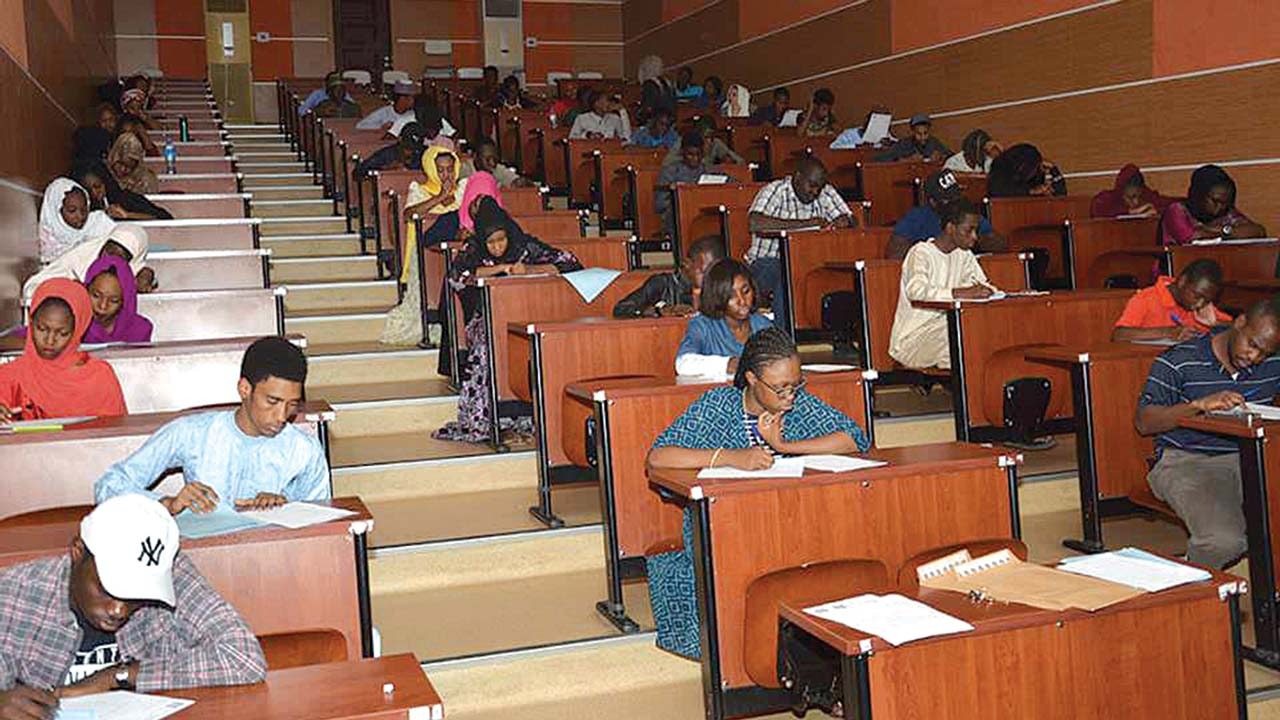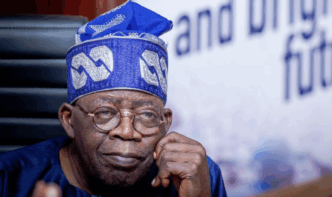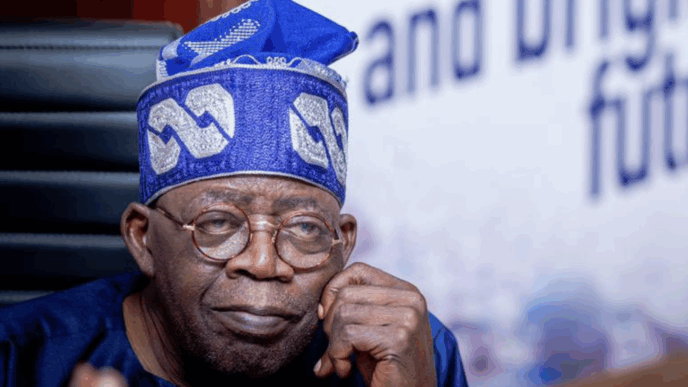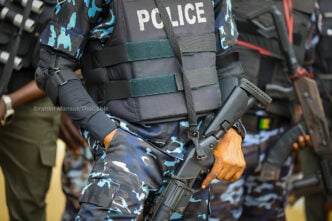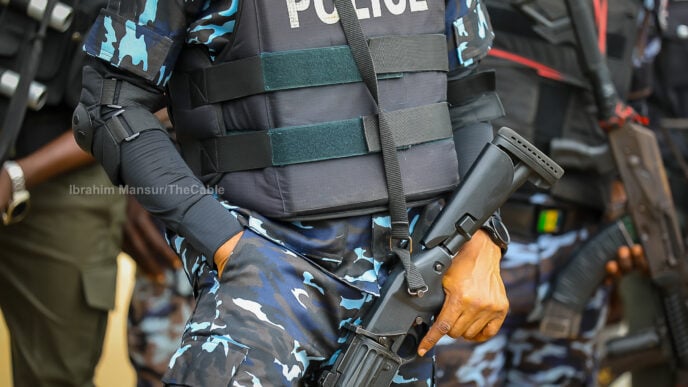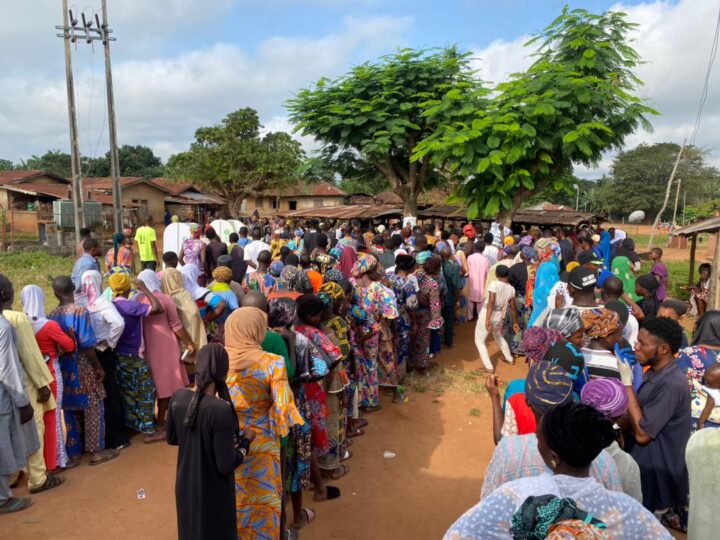BY LEKAN OLAYIWOLA
In many democracies, speaking about military conduct feels like walking a tightrope. One wrong word, and civic truth becomes mistaken for sedition. But in Nigeria, something rare unfolded. After publishing a piece on January 15, 2025 on the delicate lines between military presence and civil order, titled “How Soldiers’ Involvement in Civilian Affairs Undermines Civil-Military Relations,” I received a message from a senior officer— within 24-hours — not to rebuke, but to engage from the Lagos Command of the Nigerian Army.
The brigadier-general didn’t threaten. He offered thanks. Not with defensiveness, but with openness. He requested further information politely and professionally. And when I gave it, the response was even more revealing: acknowledgement and clarification that the uniformed men involved were from the Nigerian Army Engineer Corps, and assurance that internal mechanisms had been activated to address the reported misconduct.
That would have been noteworthy enough. But what followed was quietly profound.
Advertisement
In the following weeks and months, soldiers in the area became visibly more restrained. Even after one of their motorbikes was allegedly stolen by unknown civilians—an act of brazen provocation that might have triggered collective punishment in other places— surprisingly, there was no reprisal attack. No intimidation of the community. No retaliation cloaked in uniform. Just presence and a remarkable calm—an unbelievable restraint. And the community in the Ikorodu area of Lagos was grateful for that.
I dare say that the perception of the military changed from one of apprehension to respect from then on. It confirmed that the shift in attitude in the previous weeks was not a mere fluke or weakness, but dignified caution and focus on professionalism, which must never be taken for granted.
This is what civil-military healing looks like, not in grand headlines, but in the pause between provocation and power under dignified control. It didn’t come through silence. It came through language. Through the willingness of a citizen to speak, and the humility of an institution to hear and initiate relational repair.
Advertisement
It is not about branding the Army as a villain all the time.
We must commend them in their service to the nation, especially when their contact with the civic space is imbued with empathy, where critique is seen as care, where visibility doesn’t provoke but protects, and where citizenship meets command with mutual dignity.
In many contexts, public critique of armed forces is either met with silence or escalation. But the Nigerian Army keep demonstrating that it is a respectable and responsive institution that doesn’t just default to defensiveness but is open to civic engagement. They acknowledged. Clarified. Acted. The army’s quiet restraint wasn’t weakness. It was moral strength of the highest order.
Why This Matters
Advertisement
∙ It dignifies the Nigerian Army as a listening force
∙ It restores citizens as legitimate narrators of lived experience
∙ It builds a middle terrain between silence and shame, where feedback becomes formation
This was not a revolution. But it was a rebalancing. And in a country where relationships between citizens and security personnel are often shaped by fear or force, that shift matters.
Advertisement
What we witnessed was a “dignity ripple effect”—when honest citizen observation leads not to shame or denial, but to quiet self-correction. No press release was issued. No medals handed out. But restraint is sometimes the most radical form of reform.
The story does not end here. It must grow.
Advertisement
To the Nigerian Army: thank you for listening and for showing that adaptation is not weakness. For proving that when uniform meets humility, even hard histories can pivot toward trust. I appreciate the Brigadier-General for demonstrating that the military is not beyond civic feedback, and that honour lies not just in battle but in behaviour.
Nigeria needs more of these moments—where civil-military trust is restored not just by law, but by empathy, respect, and courageous dialogue. When citizens speak up, and institutions respond with dignity, democracy deepens.
Advertisement
And that is what peace, in its most grounded form, looks like.
Lekan Olayiwola is a peace and conflict researcher and practitioner. He can be reached via [email protected]
Advertisement
Views expressed by contributors are strictly personal and not of TheCable.
